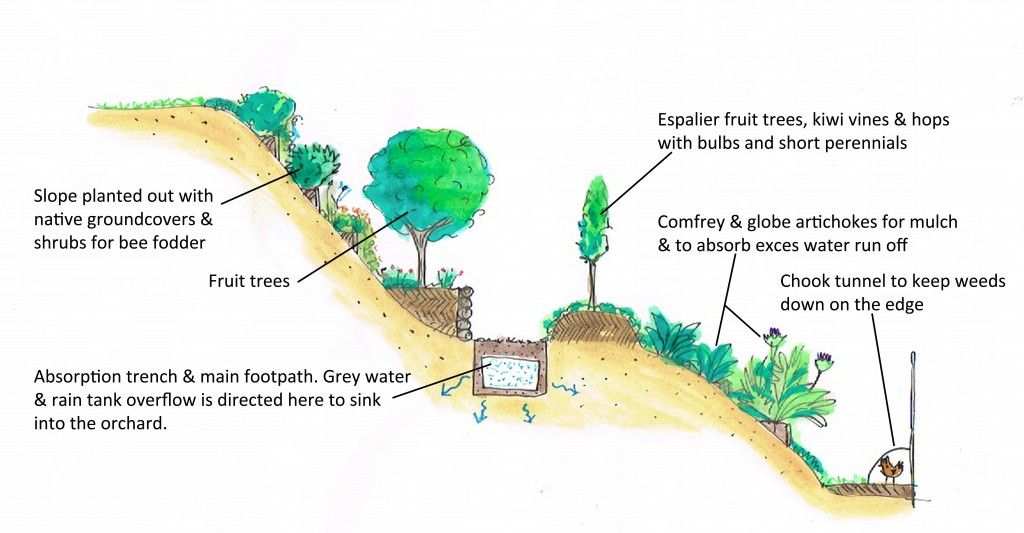steven jones discussed the process of domestic refuse composting in a back garden in the UK. He explained how waste materials, such as cardboard, paper, and food waste, are broken down into soil through the actions of insects, bacteria, and weather. He emphasized the importance of using local and natural resources to eliminate waste, turning trash into soil. Jones also explained the concept of biochar, which is made by carefully heating any organic material to drive off volatile gases, leaving pure carbon. He highlighted that biochar can enrich soil by increasing surface area and air pockets, which benefits soil microbes. Lastly, he mentioned a composting toilet system that combines human waste and sawdust, which can be safely processed to produce usable compost.

